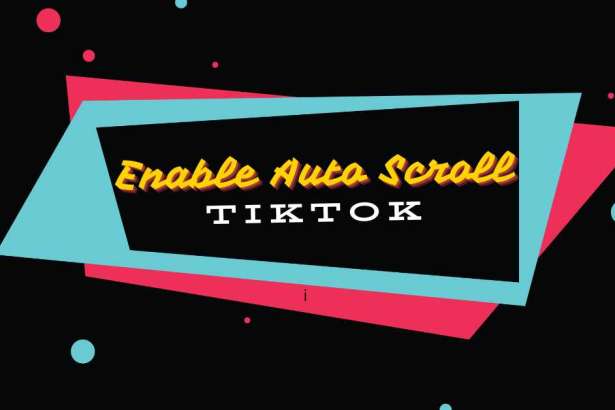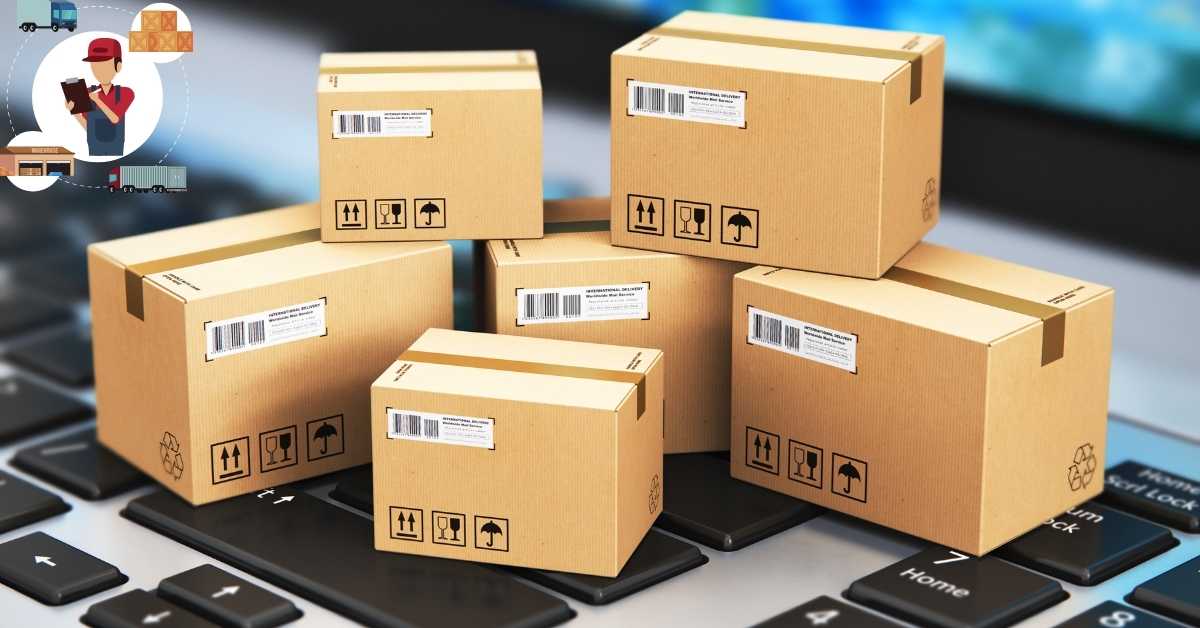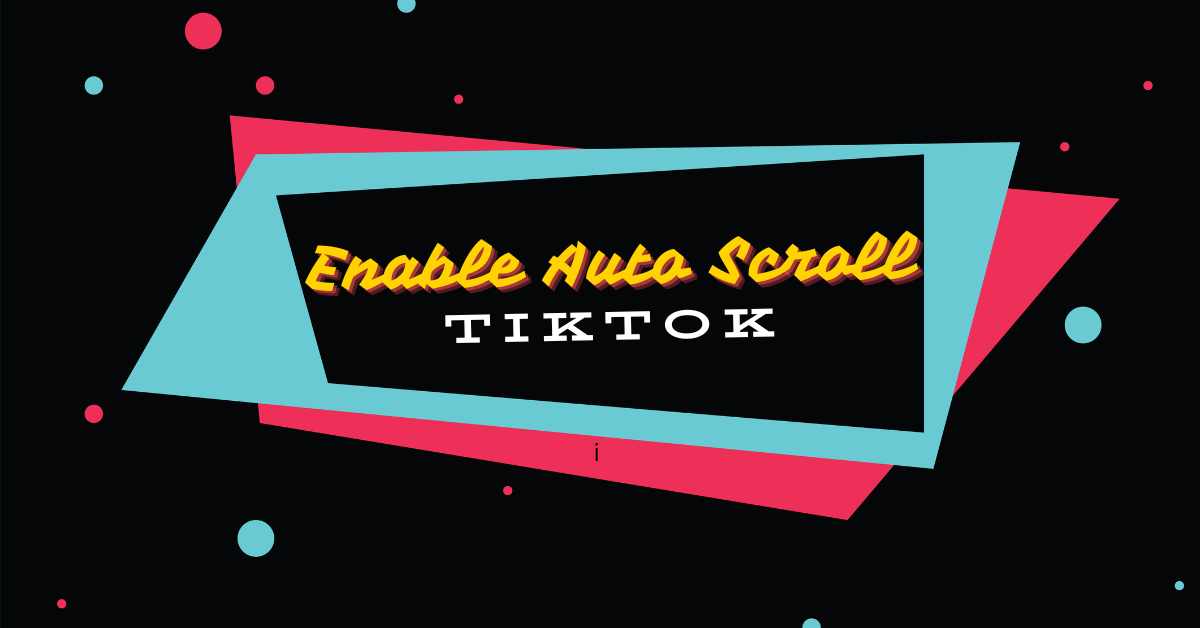Blockchain technology, the backbone of the cryptocurrency system, is rapidly permeating every facet of modern life. Whether it’s a decentralized marketplace to acquire new digital assets or an energy grid built on the blockchain, the possibilities are endless. Bitcoin’s formal offline debut has ushered in a wave of new possibilities and practical uses. Customers in 2023 want to be able to pay their bills using a wide choice of compatible methods. It’s no longer acceptable to pay just with plastic. This is becoming more clear as new payment methods, such as crypto-enabled bill payment alternatives, purchase now, pay later schemes, and payment widgets, are used.
But how practical is it to pay bills with cryptocurrency? Is it user-friendly and cheap? Let’s dig into this post to find answers to your questions.
Can You Pay Bills Using Cryptocurrency?
It’s encouraging to see so many companies rising to the challenge of accepting Bitcoin as payment. Companies like Microsoft, Shopify, Wikipedia, and many more are examples. Bitcoin is now accepted at several online Microsoft Stores for the purchase of Xbox gift cards. Now that Bitcoin and Ethereum may be used for bill payment, there are a variety of cryptocurrency-based payment options available.
What Bills Can I Pay Using Cryptocurrency?
Cryptocurrencies may be used to pay for everything from a mortgage or rent to utility bills like cable and internet service. If people can’t pay their rent or mortgage in cryptocurrency directly since most banks don’t yet accept them, they may utilize crypto debit cards supplied by payment processors to convert cryptocurrency into fiat cash to pay their mortgage, for example.
Mobile phone bill payments may now be made using cryptocurrency at companies like AT&T. Payments in Bitcoin, Ethereum, and other cryptocurrencies are being accepted by various governments. It is also possible to pay for things like gym subscriptions, school loans, utility bills, and credit card dues using funds from a cryptocurrency wallet or debit card.
Before making a purchase using cryptocurrency, it’s important to research how your local government considers such transactions. Moreover, you can utilise free auto bots to trade a variety of cryptocurrencies at Tesler App
Top Methods For Crypto Bill Payments
1. Crypto Debit Cards
Bitcoin debit cards are essentially the digital equivalent of debit cards offered by conventional institutions. When making a transaction with a crypto debit card, the cryptocurrency on the card is converted to fiat money at the store’s exchange rate.
In addition, you may use your Bitcoin debit card at any ATM that dispenses fiat cash. In order to ensure compliance with Anti-Money Laundering (AML) requirements, the application procedure may include a Know Your Customer (KYC) check. Bitcoin debit cards are accepted both online and in stores thanks to partnerships with major credit card providers like Mastercard and Visa.
2. Direct Bitcoin Payment
There is an increasing number of utility providers who accept Bitcoin as payment. Make sure to inquire with your service provider whether they take Bitcoin payments, but you should probably check their website first to see if they even provide this option.
One advantage of direct payments is the avoidance of service and conversion fees. Direct payments to the firm would also be quicker than using a bill pay service.
State and municipal taxes in Arizona may now be paid using cryptocurrencies according to a recently enacted statute. States like Illinois and Georgia are exploring allowing residents to pay state taxes using Bitcoin. More and more businesses and utilities will accept bitcoin as a direct method of payment as its popularity grows.
3. Bitcoin-Powered Bill Pay Services
U.S. bill-pay service Coinsfer now accepts Bitcoin for payment of subscriptions, purchases, and service fees. In the United States, bill-pay services like Coinsfer allow clients to pay for subscriptions, bills, and merchandise using Bitcoin. Send Coinsfer a link to an item you wish to buy and the total price (including delivery) will be calculated and sent back to you in Bitcoin. Coinsfer processes the payment for the order once the consumer has paid in Bitcoin.
When compared to other bill payment services, Bill Pay for Coins’ 1.99% charge is much lower. Have your Bitcoin wallet address ready, choose the appropriate business from a drop-down menu, and send the money. It’s a one-time setup for a straightforward procedure.
Keep in mind that it may take up to 5 days to process, however, it usually takes much less time. In addition to utility bills, you may pay credit cards, mortgages, vehicle loans, property taxes, and just about any other recurring bill.
Perks Of Paying Bills With Crypto
Cryptocurrencies allow users to handle their funds independently of the government because of their anonymity. Users may make data accessible, though, by providing a wallet address. Furthermore, a peer-to-peer blockchain network enables direct payment of bills using cryptocurrencies (where they are accepted).
In addition, all you need to send or receive crypto payments is access to the internet. Markets that accept Bitcoin, Ethereum, Dogecoin, and other cryptocurrencies make financial inclusion possible for those without access to traditional banking services.
The Drawbacks Of Paying Bills With Crypto
You may want to avoid some charges/fees while paying bills with crypto due to the fact that transactions on blockchain networks are not free. Furthermore, different countries have different crypto legislation. As a result, money that is lost may be permanently gone forever.
Users will pay more when the price increases, and they may not have enough cryptocurrency when the price dives, both of which are consequences of crypto’s inherent volatility. It’s also important to remember that whenever a crypto transaction is finalized, the corresponding record is added to the distributed ledger or blockchain. It still depends on the other party’s willingness to refund the money.
Final Thoughts
It’s possible that the usage of cryptocurrencies as a means of payment will expand as the number of nations and companies that accept them grows. However, before committing to a platform that claims to take cryptocurrencies, you should investigate whether or not the underlying service providers really do.












